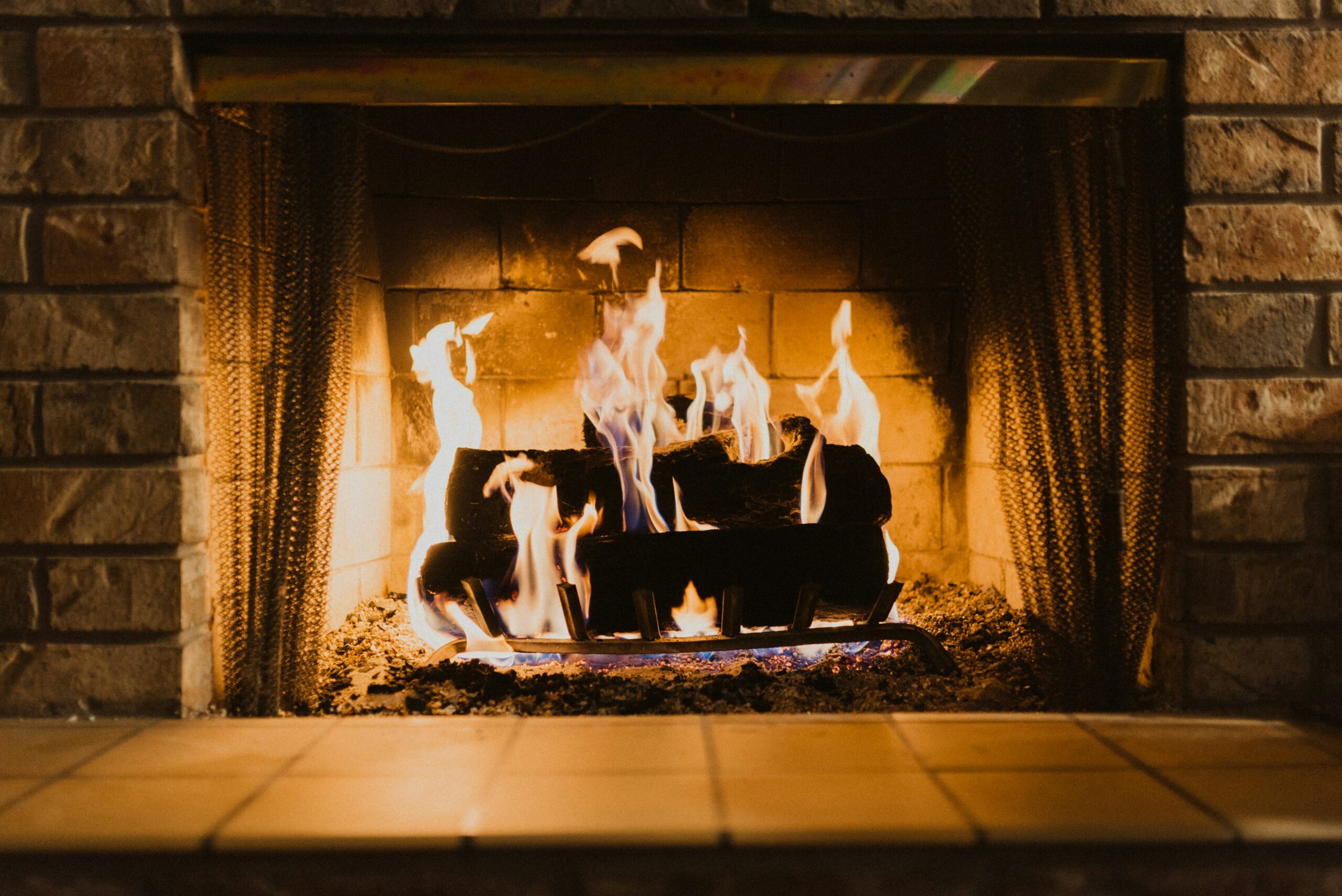Why does my furnace chimney need cleaning?
The National Fire Protection Association code 211 states that “chimneys must be inspected and cleaned as necessary annually” – just like the HVAC man services the furnace annually, so should the chimney system be serviced annually.
Many homeowners also may not be aware that the chimney’s interior, when not maintained, will decay and break down – just like neglecting your teeth and not having them checked annually may result in cavities. (Or if you don’t change the motor oil in your car for 50,000 miles, you can be sure something in the motor will break.) It’s the same thing with your chimney. The incomplete by-product of combustion is soot, which contains carbon and sulphur. Sulphur, when mixed with rain water (from a missing rain cap) or moisture from the flue gases themselves is absorbed into the flue tile and starts a deteriorating process called flaking or spalling. Just like tartar on your teeth, annual brushing will remove these soot deposits and keep the deterioration process to a minimum.
In metal chimneys the interior lining is made from stainless steel, which will not rust, but will corrode from the oil soot’s sulfuric acid reaction. This corrosion makes small pinholes which will ruin the integrity of the liner, which will not be able to hold the by-products of combustion. When a clay lining in a masonry chimney flakes or a metal chimney’s insides corrode, they are unable to contain the heat and the flue gases, thus creating a potential fire and health hazard. Annual inspection and cleaning will find these problems and give you recommended corrective actions
How often should my chimney be cleaned?
It depends entirely on the type of system, your burning habits, and the time of year you use your woodburning system. At the minimum, every chimney should be inspected annually and cleaned, if necessary, according to the National Fire Protection Association. For homeowners who burn wood, it is recommended after each cord of wood that is burned to reduce the level of build up throughout the system.
When a sweep services my home will there be a mess?
No. At Complete Chimney Care, we use a powerful vacuum that prevents soot and dust from entering the home, and we are careful to take precautions in order to prevent any mess.
Do you install caps?
We install Stainless Steel Caps which are lifetime guaranteed. This is a one time installation. A cap will keep out animals, leaves, twigs, and most of all, rain. Rain does most of the damage to chimneys by getting into cracks, freezing during the winter, and pushing at the masonry causing serious damage.
Do you do repairs?
We do everything and anything to do with chimney repairs. Our specialty is masonry repair and relining. If you have a problem with the chimney, we have the solutions.
What is a chimney liner?
Currently, chimneys are built with terra-cotta clay tiles inside the brick structure. These tiles serve as a gas tight and heat resistant insulator against the masonry structure. Without a liner or with cracked and damaged liners, there would be heat transfer or actual seepage through the brick and mortar. Surrounding the chimney is the structure of the home which is usually wood. A liner is a stainless steel tube inserted into a chimney to draft an appliance, furnace, woodstove or fireplace. The appliance will vent through that stainless pipe and use the existing chimney as an encasement. Liners are gas tight systems and insulated for highest efficiency. This solves most drafting and safety issues due to damaged or unlined chimneys.
Why does my fireplace smell?
There can be a number of reasons, most of which can be addressed on site by a chimney sweep and inspection. There are many situations that can cause the fireplace odor. Improper burning technique, unseasoned wood, moisture and humidity, negative pressure creating downdrafts all can contribute to the smell of a fire without the fire. Step 1 typically is to have the chimney cleaned and inspected. Step 2 can be a rain cap to keep out rain or even better a top mounted damper that seals out rain and humidity. This would also prevent a down draft carrying the odors of the chimney into the home. Unfortunately there are cases when these solutions don`t always work and are much more difficult to assess by a simple inspection. Negative air pressure in the home (especially newer tight homes) can reverse the flow of draft from the chimney back into the home. Some cases of odor problems are due to exhaust fans, additional chimneys, central air systems, central vacuum, combustion appliance flues, range hoods and clothes dryers, etc pulling air from the best make up air source possible , your chimney.
How can a sweep help me to maintain a safe home?
Paying a little bit now can protect your largest investment against fire damage or carbon monoxide poisoning. Proper inspections and maintenance have even saved lives.





